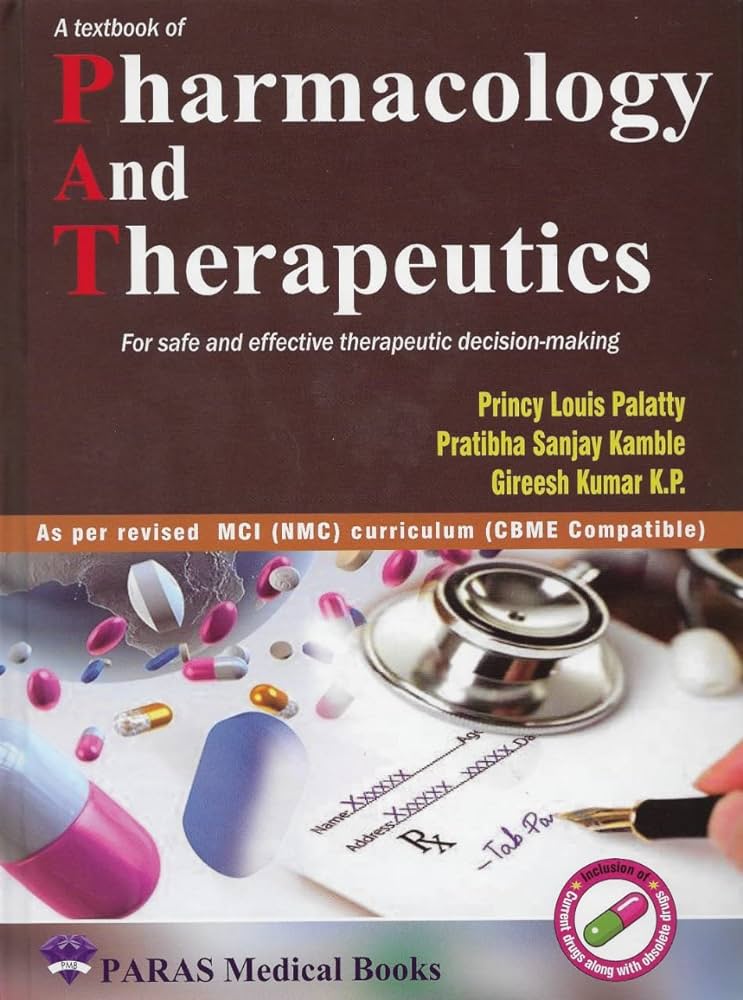癌症转移中的微管动力学:利用未被充分认识的治疗干预潜力。
IF 12
1区 医学
Q1 PHARMACOLOGY & PHARMACY
引用次数: 0
摘要
微管是对细胞过程至关重要的动态细胞骨架结构,由于其在癌症进展和转移中的关键作用,微管已成为有希望的癌症治疗靶点。本综述全面探讨了微管靶向药物的多面性及其抑制癌症转移的潜力。尽管肌动蛋白细胞骨架在控制转移中的作用众所周知,但直到最近,微管才开始成为转移的潜在控制者。我们深入研究了微管靶向药物通过直接调节微管和通过替代途径产生抗转移影响的核心过程。通过体外和体内研究,我们分析了各种化合物的细胞毒性和抗转移剂量,揭示了它们的治疗潜力。此外,我们还讨论了新兴的微管靶向药物及其在抑制转移中的作用,如微管乙酰化抑制药物,特别是组蛋白去乙酰化酶抑制剂和抗体-药物共轭物。组蛋白去乙酰化酶(HDAC)通过乙酰化作用加强微管细胞骨架。最近,人们发现 HDAC 抑制剂具有抗转移特性。在此,我们将从微管细胞骨架的角度探讨HDAC抑制剂在阻止转移方面的作用。令人惊讶的是,目前正在进行临床试验的新型微管靶向药物抗体共轭物也具有抗转移性。本综述将详细讨论这些抗体共轭物。此外,我们还阐明了微管与其他细胞骨架蛋白之间错综复杂的相互作用,揭示了抑制转移的新型治疗策略。本综述对微管蛋白与癌症转移之间复杂的相互作用进行了广泛的概述,有助于理解癌症的生物学机制,并开发创新的治疗干预措施来缓解转移进展。本文章由计算机程序翻译,如有差异,请以英文原文为准。
Microtubule dynamics in cancer metastasis: Harnessing the underappreciated potential for therapeutic interventions
Microtubules, dynamic cytoskeletal structures crucial for cellular processes, have surfaced as promising targets for cancer therapy owing to their pivotal role in cancer progression and metastasis. This review comprehensively explores the multifaceted landscape of microtubule-targeting drugs and their potential to inihibit cancer metastasis. Although the role of Actin cytoskeleton is well known in controlling metastasis, only recently Microtubules are emerging as a potential controller of metastasis. We delve into the processes at the core of antimetastatic impacts of microtubule-targeting agents, both through direct modulation of microtubules and via alternative pathways. Drawing from in vitro and in vivo studies, we analyze the cytotoxic and antimetastatic doses of various compounds, shedding light on their therapeutic potential. Furthermore, we discuss the emerging class of microtubule targeting drugs, and their role in metastasis inhibition, such as microtubules acetylation inhibitory drugs, particularly histone deacetylase inihibitors and antibody-drug conjugates. Histone deacetylase (HDAC) strengthens the microtubule cytoskeleton through acetylation. Recently, HDAC inhibitors have been discovered to have antimetastatic properties. Here, the role of HDAC inhibitors in stopping metastasis is discussed with respect to microtubule cytoskeleton. Surprisingly, novel antibody conjugates of microtubule-targeting agents, which are in clinical trials, were found to be antimetastatic. This review discusses these antibody conjugates in detail. Additionally, we elucidate the intricate crosstalk between microtubules and other cytoskeletal proteins, unveiling novel therapeutic strategies for metastasis suppression. By providing a wide-ranging overview of the complex interplay between microtubules and cancer metastasis, this review contributes to the comprehension of cancer's biological mechanisms and the development of innovative therapeutic interventions to mitigate metastatic progression.
求助全文
通过发布文献求助,成功后即可免费获取论文全文。
去求助
来源期刊
CiteScore
23.00
自引率
0.70%
发文量
222
审稿时长
90 days
期刊介绍:
Pharmacology & Therapeutics, in its 20th year, delivers lucid, critical, and authoritative reviews on current pharmacological topics.Articles, commissioned by the editor, follow specific author instructions.This journal maintains its scientific excellence and ranks among the top 10 most cited journals in pharmacology.

 求助内容:
求助内容: 应助结果提醒方式:
应助结果提醒方式:


